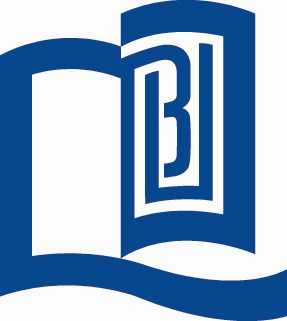Admissions
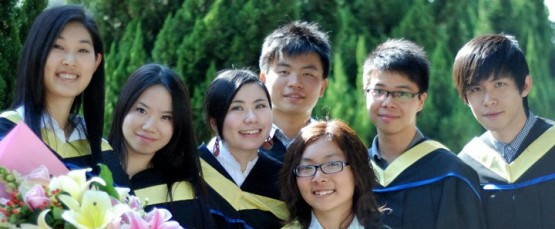
- Some Considerations Before You Apply
- You have always dreamed of going to Europe and visit all those famous places?
- You like to learn foreign languages, and you have always been interested in European literature?
- representative democracy, presidential systems or federalism?
- The "Fifth Republic" or the "Bonn Republic"?
- Qualitative and quantitative research?
- Manchester capitalism and social market economy?
- Human rights, social rights?
- Aristotle, Machiavelli, Marx, Marcuse, Voltaire, Weber or Foucault?
- The European Union, the Maastricht Treaty, the EURO, EU enlargement?
- Political economy and free trade policies and practices?
- International merchandizing and logistics?
- General Introduction to the Programme
- Political Science,
- History,
- European Area Studies (i.e. contemporary social / political affairs) and
- Language.
- Foreign Language Acquisition
- Intensive Classroom Practice
- Additional Self-Study
- Additional Conversational Practice
- E-learning Projects
- Summer Intensive Courses
- Objective: Fluency after Year II
- Total Language Immersion (Year III)
- Advanced Language and Area Studies Courses in Year IV
- Independent Work on a Final Thesis (Honours Project) in the Target Language.
- European Studies Programme Plan and Courses
- The Third Year of European Studies
- A four-year programme.
- The third year is spent on location in Europe. You must be willing and able to live independently.
- You may have the opportunity to work in a private enterprise during the third year.
- You cannot automatically pass from Year II to Year III. There are certain conditions to be fulfilled in order to progress into the third year of study.
- Preconditions for Advancing into Year III
- Third Year - Structure
- Third Year - Life/Travel
- Year IV and the Honours Project
- You will continue language and area studies at an advanced level.
- You will take advanced subjects on Europe and/or Europe/Asia relations.
- You will write your Honours Project.
- Career Prospects
- Admission Requirements
- Cost
- Finally...
Why Study European Affairs?
Before you apply, please think carefully why the study of European affairs is of interest to Hong Kong and, of course, personally to you! What would you expect from a European Studies Programme?
Nothing wrong with that. But please consider that an academic programme has little to do with sightseeing.
That's quite alright. But the BSocSc (Hons) in European Studies may not satisfy your interest. You should be aware that we do not teach linguistics and literature. Neither do we train translators.
- Have you ever heard of
These are some catchwords and concepts you will certainly encounter during the course of your studies here. If that sounds interesting to you, you could be a candidate for European Studies!
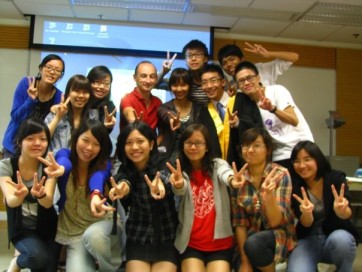
European Studies is a Social Science Programme, not a Liberal Arts Programme.
As an applicant, you must have a decided interest in politics, economics, sociology, history, cultural studies or related disciplines.
At the same time, you must feel capable of mastering a foreign language rapidly. You will have to study in a foreign language environment.
European Studies is an interdisciplinary programme. You will study four academic disciplines:
There are also General Education Courses and additional free elective courses (e.g. Business or Communication Studies).
Click here to learn about the objectives, content and structure of the programme.
Especially during the first two years, the acquisition of a European language - other than English - takes up a major portion of your study time. At the time of your application, you must specify your language choice. Currently there are two options: German or French.
European Studies maitains a multi-media Self-Access Learning Unit (SALU) to help you learn the language. You will also participate in forms of online learning and extensive online collaboration projects.
- This is how you learn the language:
You can expect to spend 20 hours/week or more for language learning purposes. Please consider carefully whether you are willing to do so.
Successful foreign language acquisition is absolutely essential for your studies although it is not the academic focus of the programme. In Years III and IV you must be able to study in the foreign language.
European Studies operates with small-scale classes. While there are lectures, which give you a broad overview, the more important work takes place in small-group tutorials and seminars. Active and creative participation is mandatory throughout. You will have to give presentations in all courses, write your own term papers and design your own projects (both electronic and paper-based). You will be asked to lead academic discussions.
The programme covers Europe as a whole. But your initial language choice determines your specialization - either the French-speaking area or German-speaking area of Europe. You will study in depth either France or Germany political and social situations, historical and cultural backgrounds.
However, these regions cannot be studied in isolation. They are linked by a shared cultural heritage. They are now part of a unique historical project, the integration of their societies and economies in the European Union. You will study these processes in detail.
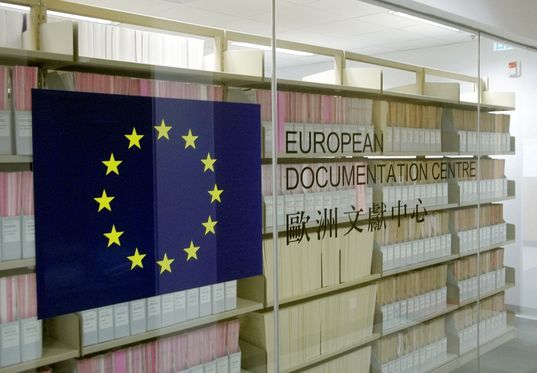
The GIS Department also has the privilege to host to a European Documentation Centre (EDC). An EDC is a reference library jointly maintained by the European Union and the University. Here you will find a broad range of publications which will keep you abreast of events and developments in Europe. You will also have access to EU electronic information nets.
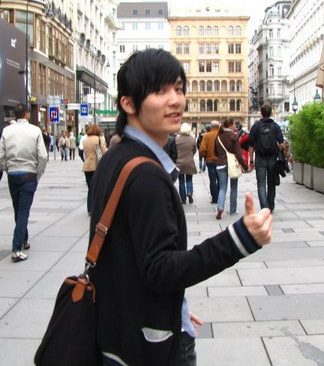
European Studies is
You must have sufficient language proficiency in either French or German. You have to prove these in specific (oral and written) examinations at the end of Year II. In other words: Good grades in political science, history, etc. are not enough.
You must have a sufficient Grade Point Average (GPA) derived from all academic subjects of Years I and II. In other words: Language skills alone are not enough.
You must be good in both areas.
These conditions are tough. But you must consider that you will spend the entire year in Europe. You will not be able to profit from this stay if your academic achievements in Hong Kong are poor.
You will live, study and work among native speakers of French or German only. Therefore, you must be able to communicate with them fluently.
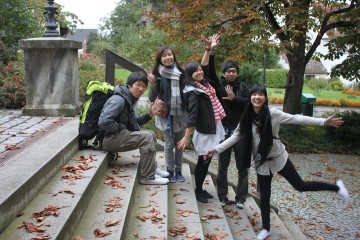
The third year is normally divided into two parts: academic study and workstays (internships).
Academic Study takes place at selected universities in the German or French-speaking areas of Europe.
European Studies students have been enrolled, for example in universities in Düsseldorf, Leipzig, Konstanz, Nürnberg, Witten, Göttingen, Erfurt or Heidelberg (Germany), Paris, Besançon, Quimper, Brest, Lille, Rennes, Strasbourg, Toulouse (France).
Advanced language training is an important part of the academic stay. But European Studies also requires course attendance in social science classes (e.g. political science, history) and business/economics studies.
In the second semester in Europe, the programme encourages individual workstays (internships) at a company/institution. These can last between one and six months and will normally be spent in the office.
In order to obtain an internship placement, you must have good academic results and good language skills. You may have to go through a job interview in Hong Kong or Europe. It is at the company's discretion to accept or reject candidates. Once a place is assigned, you must accept it and fulfill your term of duty.
(Note: Internships are not automatically guaranteed. The Dept. reserves the right not to place students if there are doubts about individual suitability. The Dept. can also withhold permission for internships which are not aligned with the programme's aims/objectives and learning arrangements.)
During Year III, you will have the opportunity to live, study and work together with young Europeans.
Depending on availability and local circumstances, you may live either in student halls, with families or in your own private flat (possibly shared with European students).
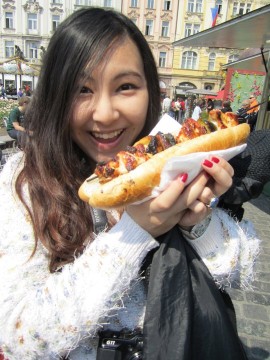
Students are encouraged to travel on their own as often as possible. There is a range of subsidized student travel schemes in Europe, so that European Studies students normally get to know the continent from North to South and East to West.
There may also be opportunities for organized study tours to important European institutions or companies.
In your final year, you will return to Hong Kong Baptist University.
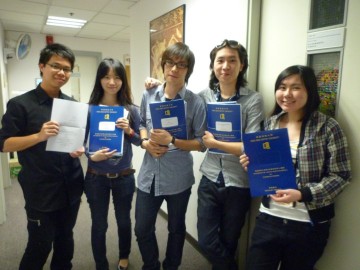
The Honours Project is a final dissertation, which you are expected to write during the entire final year. It is the major academic task you face during the programme.
Already during your stay in Europe, you will have conducted your own research into a particular subject related to Europe.
You select the topic individually - but in close consultation with your academic supervisor.
You will have to make use of German/French sources.
The dissertation is to be written in German or French.
The Honours Project concludes the programme. If successful, you will graduate with a "Bachelor of Social Sciences (Honours) in European Studies".
Learn more about the Honours Project here.
While European Studies is not a vocational training programme, graduates will find a wide range of career prospects. This can be in industry or commerce - where your European work experience will give you a head start. It can also be in public administration, education or the media sector - for which you are extremely broadly and well qualified. In some of these careers, you will receive further in-house training. Your international exposure, and your confidence gained while abroad, will give you a head start. Likewise, your application will be of priority interest to European companies doing business in the greater China region.
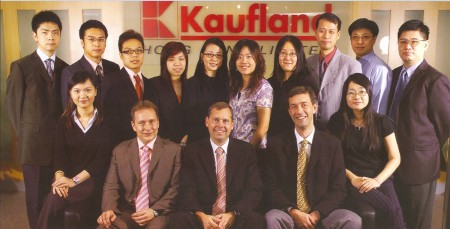
Our graduates have found employment in Hong Kong and Europe in the fields of German-Chinese trade relations and financial services, logistics/transport, the automotive industry, import/export services and merchandizing, telecommunication and web services, tourism/hospitality industry, education/cultural institutions, Hong Kong Government or the Hong Kong Trade Development Council (among others).
It is possible to continue your studies with a Masters degree programme of your choice at European universities (cost-free in many cases). The undergraduate programme already lets you acquire the necessary high-level language and academic skills.
Applicants for admission must satisfy the Programme Entrance Requirements under the Broad-based Admission, Faculty of Social Sciences, HKBU.
Good results in English Language, French or German and History are preferred.
Other qualifications in French or German will be considered. Prior knowledge of German/French, however, is NOT required for admission.
In order to be admitted applicants should have a genuine interest in the social sciences-related study of Europe/ the European Union and above-average language and communication skills. The programme welcomes the application of mature candidates with prior professional experience, international students and applicants from mainland China. Non-JUPAS applicants have to attend an interview prior to admission.
Applicants should be advised that requirements in the programme are rigorous and cumulative. Advancement into Year III of the programme is conditional on satisfactory GPA and foreign language performance.
The programme is fully funded by the University Grants Committee of Hong Kong. As a Hong Kong citizen, you are eligible for scholarships and Government financial assistance.
During Year III you may receive an internship remuneration.
Your general cost of living overseas has to be covered by yourself, in particular medical insurance, airfare to/from Europe, accommodation, board (food) and your general expenses (e.g. "pocket money", travel etc.). You should budget about 800 Euro p.m. while in Europe.
Additional Financial Assistance for Year III
If in need, you may claim an additional low-interest loan from the University. The maximum loan amount for Year III is currently 40,000 HK$. The loan plus interest is to be repaid after graduation.
The European Studies programme is a rewarding life-time experience. Its structure and student-centered arrangements are unique in East Asia. You will constantly be in a multilingual and multicultural environment, with all attendant challenges to understand and make yourself understood.
You should be aware that success in the programme depends ultimately on your individual efforts. The programme is not suitable for students with a passive 'consumer mentality'. It requires an active, communicative and open-minded personality - and four years of continuous hard work.
You should apply only if you are really ready to make this commitment.
European Studies Graduates' Opinion (Video)
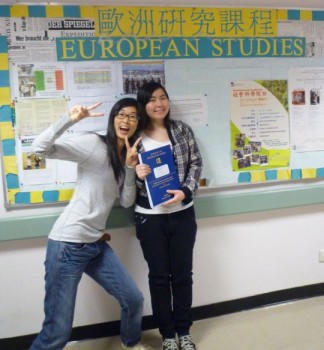
Further questions? - Please contact us directly:
Email: europe@hkbu.edu.hk
Tel: (+852) 3411-5645
Fax: (+852) 3411-5799
(Note: For questions about programme admission, please contact the HKBU admission office directly.)
